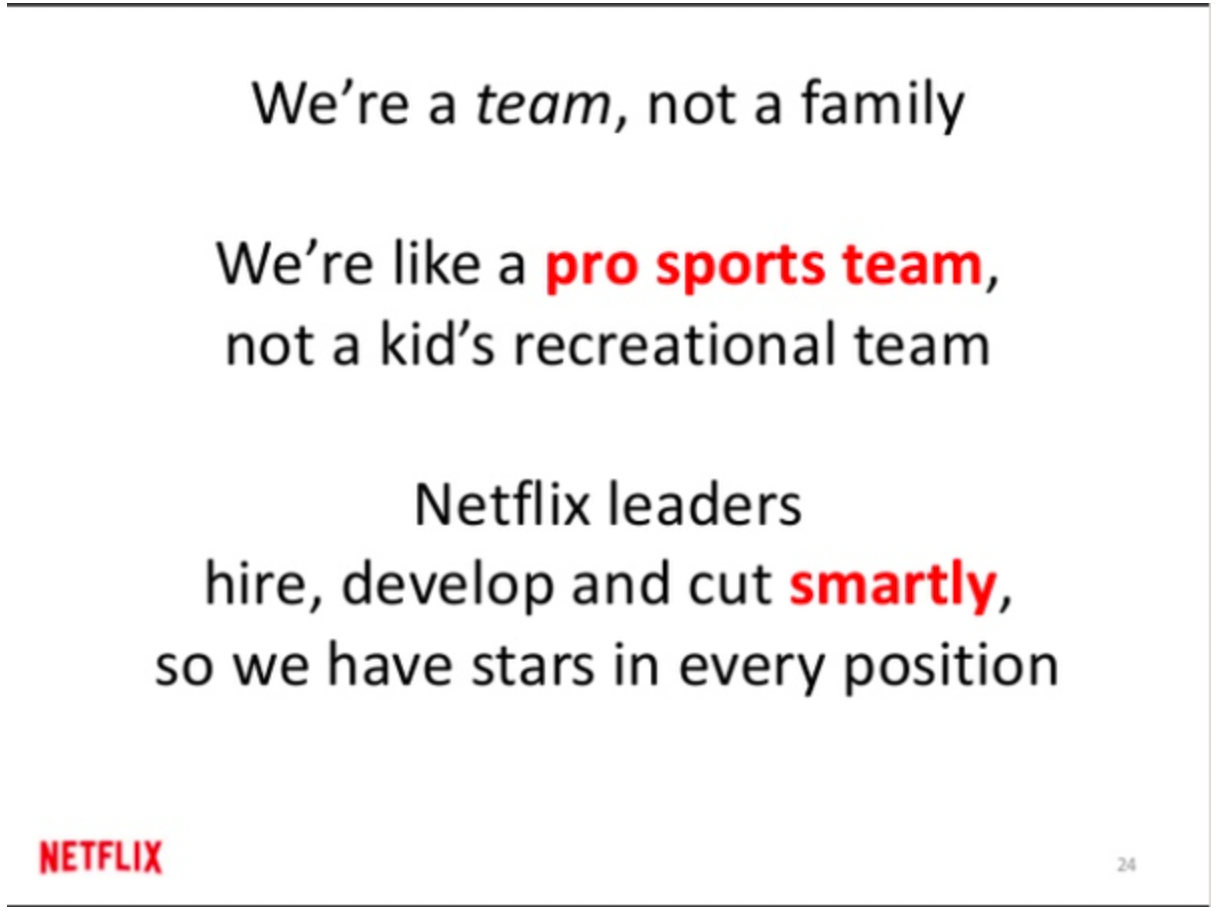Razor's Edge: Twitter; We Are In The End Game Now

Since I last wrote about Twitter, Elon rejected his board seat and made and offer to take Twitter private at $54.20 a share. The board has promptly responded by implementing a poison pill to thwart a hostile takeover. I think Twitter's board should accept this offer provided Elon makes it formal with committed financing in place and no other suitors emerge with a higher offer. Here is why....
1) It's a Fair Offer Based On Current Market Valuations
Elon's offer works out to 8X 2021 revenue EV/Sales and 51x 2021 GAAP EBITDA. Facebook presently trades at 4.3x and 9.5x. Pinterest is at 4.6x and 33x. Snap doesn't have GAAP EBITDA but trades at 12.5x 2021 EV/SALES, and is growing about 2x as fast. Based on what is publicly available and Twitter's laid out financial goals over the next two years, you can't argue that Elon is not making fair offer. Anchoring to prices from six months ago is not a counter when every other name in the space has rerated meaningfully lower. Assuming Twitter had no unique issues, this offer would essentially work out to a 50% premium from where he started to build his stake. Thus, as far as valuation goes, the board would need to make a very compelling argument as to why shareholders shouldn't accept this today.
2) Twitter Has Unique Issues
There is no denying that Twitter is unique media platform and that you can make an argument that traditional relative valuation comps should not be applied here, but this argument cuts both ways. Twitter is a hybrid social media platform. It lacks the purchase intent of a Pinterest. It is sub-scale when compared to a Facebook/Instagram or Youtube. And it doesn't have the youth mindshare and hypergrowth of Snapchat or TikTok. It is essentially stuck in the middle between a Linkedin/Bloomberg/Cable Sports-News media company and a true globally scaled social media platform that is a 100% lifestlye/entertainment driven user experience. The fact that you can professionally network on it, follow sports, and get real-time news is great for the power user but it's also been the achilles heal of the business model. Twitter the business is effectively a jack of all trades and master of none. Management has been making progress addressing these issues, but for a platform this mature that's not an easy thing to do as a public company. At some point the hard decision needs to be made with respect to what exactly Twitter wants to be or whether it's happy being what it is but with a cost structure that is suited for that. If brand advertising and some degree of premium subscription tools is the future, Twitter needs to right size the ship and become a much higher cash-conversion business. If the goal is to swing big at either Linkedin or traditional media or even Facebook, then far more drastic and risky changes will need to be made. In either case, executing such a transformation is something that is not suited for a public company.
Twitter also seems to have unique cultural issues that have developed as a consequence of this hybrid platform existence. I have in the past been skeptical of this, but I am much more convinced today it's not a performance difference culture. I recently chatted with a recent ex-Twitter employee who really convinced me that it's a very difficult place to get things done. This is not news to most, but the fact these problems persist to this very day is not exactly encouraging. I don't see how you excise what is characterized as a deep-rooted culture of essentially laziness/complacency amongst employees that are too comfortable in their jobs without taking the company private. Whether this perception is in fact a reality at this point doesn't seem to matter anymore, and I can't see how management can alleviate this concern should the company remain public in its present form. The minute they miss consensus on metrics; the narrative is going to go right back to the fact that this underperformance is due to cultural issues.
All things considered, Elon's offer is a very good deal.
What it would take to change my mind is evidence from management that U.S. mdau growth is in fact on pace to hit their goals, and that there is a path to 25-30% revenue cagr over the next three years. I'd also like to see them address the nagging speech debate with some sort of concrete and transparent policy that puts all the left leaning bias criticism to rest, and to tackle the performance culture issues. Something to this effect would do it...

If Parag can nail all of this at once, then maybe there is a reason to tell Elon no thanks here. It's going to be a tough sell, but this is what long-term oriented owners want to see today.
Anyway, that's how I see it, but all of this probably won't matter if another suitor emerges.
Could a strategic suitor emerge?
It's pretty clear the competition has been more than happy to have nothing to do with Twitter in its present form. They are dominating their domains in the professional or social media space, and thus have had no reason to really fear Twitter. I also think they all recognize the difficult issues it faces and the challenges they would face significantly trying to alter its DNA. So, it's no surprise that none of them has ever felt the need to pounce on it. Elon Musk getting involved definitely changes that. If you assume that Elon's ambitions involve growing the platform and not simply providing a bit more transparency around content moderation policies, then everyone in big tech and media needs to now consider that the Elon controlled version of Twitter is going to settle on a strategic path that will take the form of an assault on one or several of their core franchises. So, the cost of not bidding today is not present form Twitter, but rather what Elon controlled Twitter may have taken from what you already have five years from now. So, can they afford to do nothing?
I'm going to go with yes. Facebook can't bid because they would never get over the regulatory hurdles. Amazon would be interesting considering the Bezos/Musk rivalry and they could probably do a lot more with it, but does Bezos want the political headache considering his ownership of the Washington Post. I don't think so. Apple also is likely off the table as they have steered clear of all the headaches that come with privacy and speech on social media platforms. That leaves Google and Microsoft. Google would appear to be a friendly here based on Page and Musks relationship, so I can't see them coming over the top on him. So, you are left with Microsoft which actually makes some sense, but they are in the process of acquiring Activision. Do they want to spend $110bl this year on non-enterprise software assets? I doubt it. Also, you could argue that a significant part of the untapped Twitter opportunity needs to come at the expense of Linkedin, so that does reduce the appeal somewhat.
What about non-big tech candidates?
Salesforce has been brought up again for obvious reasons as Beinoff wanted to acquire it in 2016 and Co-CEO Brett Taylor is Chairman of the Twitter board. Would Salesforce consider a bid here? Personally, I don't think so. They just dropped nearly $30bl on Slack with a $1bl or so run rate, so $50bl for Twitter would most definitely clobber the stock.
What about Disney?
Like Salesforce, they were in the 2016 Twitter mix so you probably need to consider them. However, this Disney is in midst of executing a transition in media, and the Parks are just finding their post covid footing. If they balked last time on Twitter social media related headaches not meshing with the brand; I can't see why they would take a crack here as they are mid investment cycle in streaming and just coming out of a pandemic. Shareholders would most definitely throw a hissy a fit.
What about Netflix?
I have not seen anyone mention them as a possibility, but it's not exactly the craziest idea. Netflix has a performance driven culture and Reed Hastings could probably do a great job here, but this would be an expensive deal for them. They are also facing mounting competition in their core and post-covid headwinds, and are just starting to experiment with gaming. Thus, I am going to rule them out as well.
That's about it for potential suitors. The only other interesting fits for Twitter are Spotify and Bloomberg as potential strategic merger partners. Both I think could combine with Twitter in a very synergistic manner, but I doubt management could pull something like this off right now. And if you are either of these companies, why not just wait to talk to Elon?
Final Thoughts
I doubt anyone is going to top Elon's offer in the weeks ahead. The board is going to do what it has to do in the meantime, but once Elon submits a formal offer they are probably going to have to accept it.